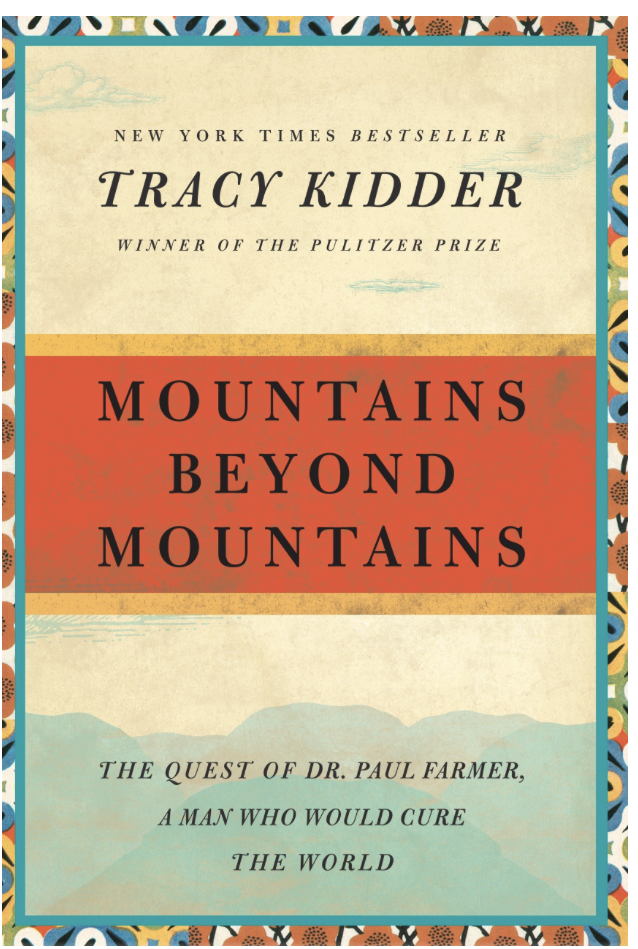Mountains beyond Mountains: The quest of dr. paul farmer, a man who would Cure the world
Kidder’s work raises critical questions about systemic inequality and the moral obligations of western nations
"Mountains Beyond Mountains" is a profound work of literary non-fiction penned by Pulitzer Prize-winning author Tracy Kidder. With a flair for immersive storytelling, Kidder transports us into the life of Dr. Paul Farmer, a man whose relentless pursuit to change the world challenges our perceptions of the role that one person can play in global healthcare.
The narrative follows Dr. Farmer, a Harvard-educated doctor, and anthropologist, in his tireless crusade against infectious diseases in some of the most poverty-stricken regions on Earth. The book's title, a Haitian proverb meaning "beyond mountains, there are mountains," becomes an apt metaphor for Farmer's never-ending endeavor. Though riddled with obstacles, his journey is a testament to the indomitable human spirit.
Kidder's prose is elegant and engaging, effortlessly balancing the personal and global interplay. Dr. Farmer is portrayed not as a detached academic figure but as a man of deep empathy, possessed by a profound sense of justice and an unwavering commitment to his cause. From the mountains of Haiti to the slums of Peru and the prisons of Russia, Kidder paints a vivid portrait of Farmer's work, encapsulating his groundbreaking approach to treating diseases like tuberculosis and AIDS, integrating social justice with medical care.
One of the most impressive aspects of "Mountains Beyond Mountains" is how effectively Kidder navigates the complex terrain of global health issues. He makes the intricacies of public health accessible to the lay reader, framing them in human stories that are profoundly moving and unforgettable. We witness the grim reality of health inequities through Dr. Farmer's lens. We must acknowledge the role of social, economic, and political factors in disease proliferation.
Moreover, Kidder grapples with the complexity of Farmer's character - a man of almost inconceivable energy and dedication, yet, his intense commitment often keeps him away from his own family. This nuanced portrayal encourages the reader to consider the price of such devotion.
The book does not shy away from provoking critical thinking, subtly raising questions about Western privilege, systemic inequality, and the moral responsibilities of affluent nations. It challenges conventional views about charity, aid, and the limits of what one person can achieve.
In conclusion, "Mountains Beyond Mountains" is a compelling exploration of the intersection between medicine, poverty, and systemic injustice. It offers an intimate look into the life of a man who has made it his mission to fight for the health of the world's most marginalized populations. Tracy Kidder has delivered a masterful narrative that is both deeply personal and profoundly global, highlighting Dr. Paul Farmer's enduring message - that the world's healthcare inequalities require more than medicine; they demand a radical restructuring of global economic and social systems. It's a must-read for those interested in public health, international affairs, social justice, or anyone who believes in the power of one person to make a difference.


